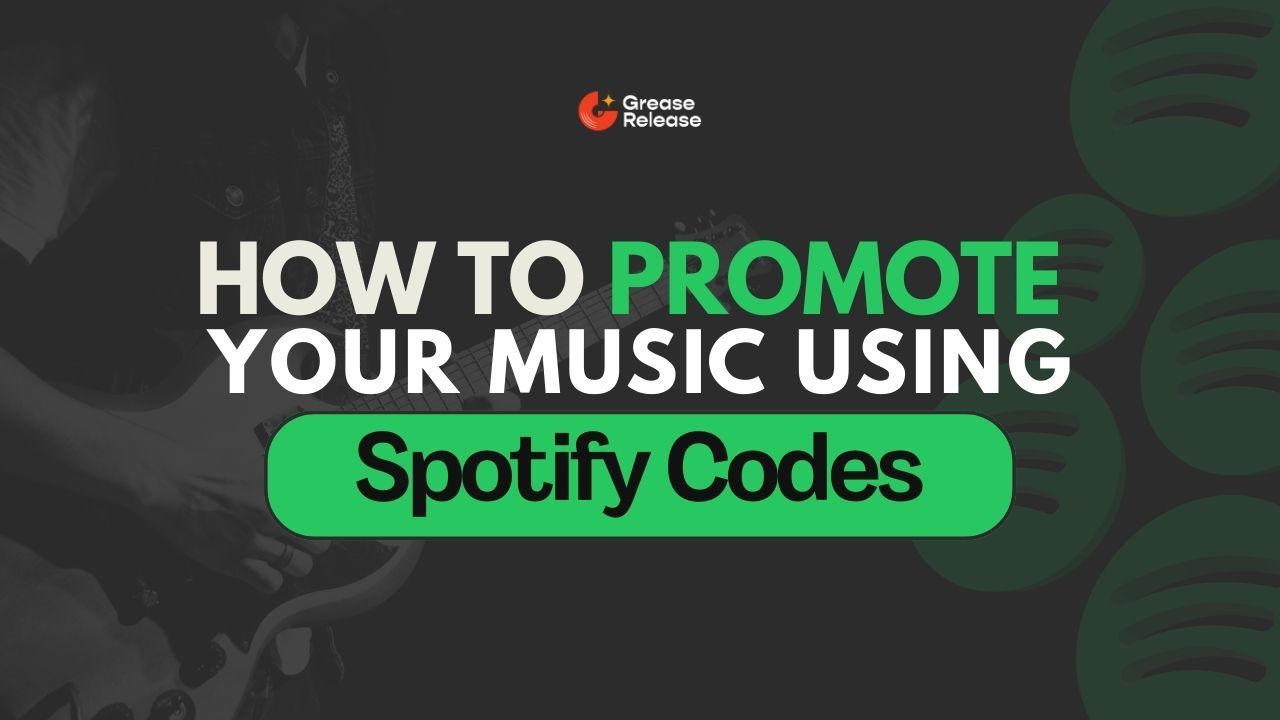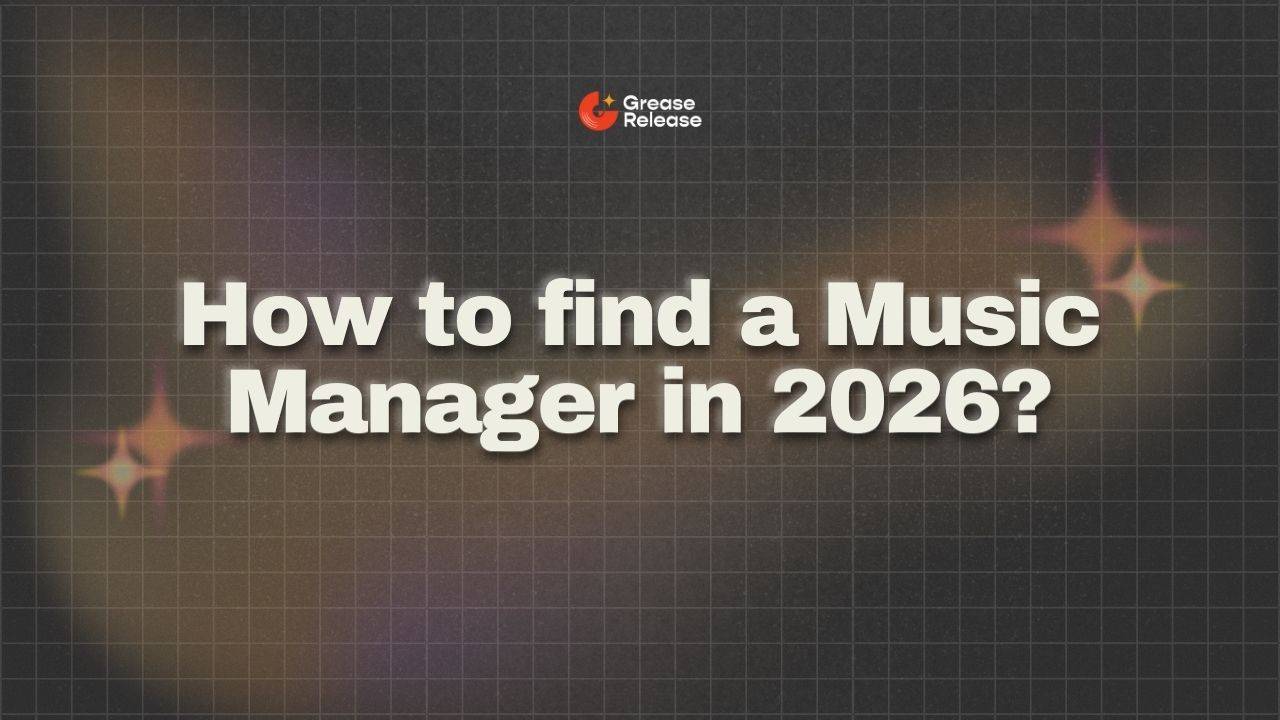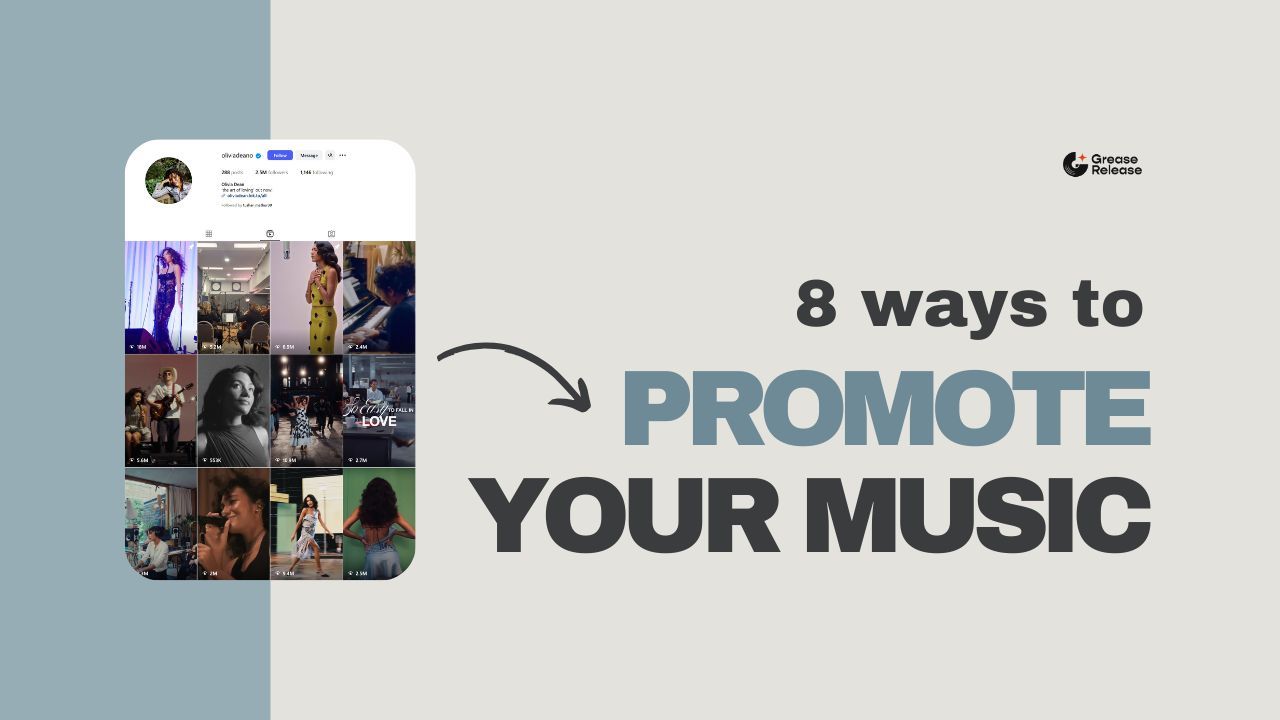
What Are Some Music Industry Terms Every Musician Should Know?
Aug 12, 2024Music Industry Terms Every Musician Should Know
Understanding the terminology used in the music industry is crucial for any musician. Whether you’re an aspiring artist or a seasoned professional, knowing the right terms can help you navigate your career more effectively. In this article, we’ll break down some of the most important terms in the music industry that every musician should know. We’ll keep things simple and straightforward, ensuring that even amateur musicians can grasp these concepts easily.
Table of Contents
What Are DSPs in Music?
Digital Service Providers (DSPs) are platforms that distribute digital music to the public. Examples include Spotify, Apple Music, and Amazon Music. These platforms are essential for musicians to get their music heard by a broad audience.
Importance for Musicians:
- DSPs help in reaching a global audience.
- They provide data analytics to understand your audience.
- DSPs can boost your career through playlist placements.
Pro Tip: Regularly update your artist profile on DSPs to keep your listeners engaged and informed about your new releases.
Statistic: In 2020, streaming accounted for 83% of the music industry’s revenue, highlighting the importance of DSPs.
What Is an EP in Music?
An EP, or Extended Play, is a musical recording that contains more tracks than a single but fewer than an album (LP). Typically, an EP consists of 4-6 songs.
Difference Between EP and LP:
- EP: Usually 4-6 tracks, shorter in duration.
- LP: Full-length album with 10-12 tracks or more.
Pro Tip: Use an EP to showcase your music style and experiment with different sounds without the pressure of creating a full album. Many artists use EPs to introduce new music to their audience between album releases.
How Do Royalties Work?
Royalties are payments made to musicians for the use of their music. Understanding the different types of royalties is crucial for ensuring you get paid for your work. Here’s a breakdown:
Types of Royalties
- Mechanical Royalties: Earned from the reproduction of music, traditionally through the sale of physical copies like CDs or vinyl. In today’s streaming-driven musical ecosystem, mechanical royalties are mostly generated when a user chooses to play a specific song on a streaming service. This means that every time your song is streamed on a platform like Spotify or Apple Music, you earn mechanical royalties.
- Performance Royalties: Earned when your music is performed live, played on the radio or broadcast on television. These royalties are collected by Performing Rights Organizations (PROs) such as ASCAP, BMI, or SESAC, which then distribute them to songwriters and publishers.

- Streaming Royalties: Although closely related to mechanical royalties, streaming royalties specifically refer to the payments musicians receive from streaming platforms. These royalties are split between mechanical and performance royalties. Mechanical royalties are generated from interactive streams (like Spotify), where users select and play specific tracks. Performance royalties are also collected from these streams when the song is performed digitally.
- Sync Royalties: Earned when your music is used in visual media such as films, TV shows, commercials, or video games. Sync licensing involves both an upfront fee for the license and the earning of royalties each time the visual media is aired. For instance, if your song is featured in a commercial or a TV show, you’ll receive sync royalties whenever that commercial or show is broadcast.
Pro Tip: Register with a performing rights organization (PRO) like ASCAP or BMI to ensure you receive your royalties.
Statistic: In 2019, global music publishing revenues amounted to $3.7 billion, showing the significance of royalties in the music industry.
What Is a Music Publisher?
A music publisher is responsible for ensuring that composers and songwriters receive payment when their compositions are used commercially. They handle licensing, royalties, and promoting the music.
Benefits of Having a Music Publisher:
- They manage the business side, allowing musicians to focus on creating.
- They help secure licensing deals and placements.
- They ensure timely and accurate royalty payments.
Pro Tip: Partner with a music publisher to maximize your income streams from your compositions.
Statistic: Independent music publishing accounts for about 27.1% of the total music industry revenue.
What Does A&R Mean?
A&R stands for Artists and Repertoire. This department is responsible for scouting talent and overseeing the artistic development of recording artists and songwriters.
Role of A&R:
- Discovering and signing new talent.
- Assisting in song selection and production.
- Helping shape the artist’s public image.
What Are Splits in Music?
Splits refer to the division of ownership and revenue from a song among its creators. This includes songwriters, producers, and any other contributors.
Examples of Splits:
- A song might be split 50/50 between two co-writers.
- Producers typically receive a percentage of the splits.
Importance of Splits:
- Ensures fair compensation for all contributors.
- Helps avoid disputes over ownership and revenue.
Pro Tip: Always have a written agreement detailing the splits before releasing any music. Disputes over song splits are common in the industry, making clear agreements essential.

What Is Sync Licensing?
Sync licensing refers to the use of music in visual media such as films, TV shows, commercials, and video games. Musicians earn sync fees when their music is licensed for these purposes.
Benefits for Musicians:
- Exposure to new audiences.
- Significant revenue stream.
- Potential for recurring royalties.
Submit your music to sync licensing agencies to increase your chances of getting placements. Sync licensing can be highly lucrative; for instance, a popular TV show placement can earn an artist thousands of dollars.
FAQs
Q: What is the difference between an EP and an LP?
A: An EP (Extended Play) typically contains 4-6 tracks and is shorter in duration than an LP (Long Play), which is a full-length album with 10-12 tracks or more.
Q: How do DSPs benefit musicians?
A: DSPs (Digital Service Providers) like Spotify and Apple Music help musicians reach a global audience, provide data analytics to understand their listeners, and boost their careers through playlist placements.
Q: Why are splits important in music?
A: Splits ensure fair compensation for all contributors of a song, help avoid disputes over ownership and revenue, and clarify the division of income among songwriters, producers, and other collaborators.
Q: What is the role of a music publisher?
A: A music publisher handles the business side of a musician’s career, including licensing, royalties, and promoting the music, allowing musicians to focus on creating.
Q: How can I increase my chances of getting a sync placement?
A: To increase your chances of getting a sync placement, submit your music to sync licensing agencies, ensure your tracks are high quality, and build relationships with music supervisors.
Our Final Thoughts
Knowing the terms of the music industry can greatly enhance a musician’s career by making it easier to navigate the complexities of the industry. From understanding DSPs and EPs to knowing about royalties and sync licensing, these terms are essential for every musician. Take the time to familiarize yourself with these concepts, and you’ll be better equipped to succeed in the music industry.
We at GreaseRelease, have a bunch of curators on our network who are looking for new & exciting music to push on their massive playlists. If you make music and want to reach a wider audience, check out our submission platform and get a chance to reach millions of listeners! Submit your tracks now!
Studies show that 80% of musicians constantly feel overwhelmed and we want to take that load off by helping you stay organized and that's why, my team and I created the ProdPro 2.0
The ProdPro 2.0 is the ultimate organization tool built by and for musicians. Click here to learn more!
Don't miss my newsletter!
Join me on a music entrepreneurship journey with new tips and tricks delivered straight to your inbox.
We hate SPAM. We will never sell your information, for any reason.




